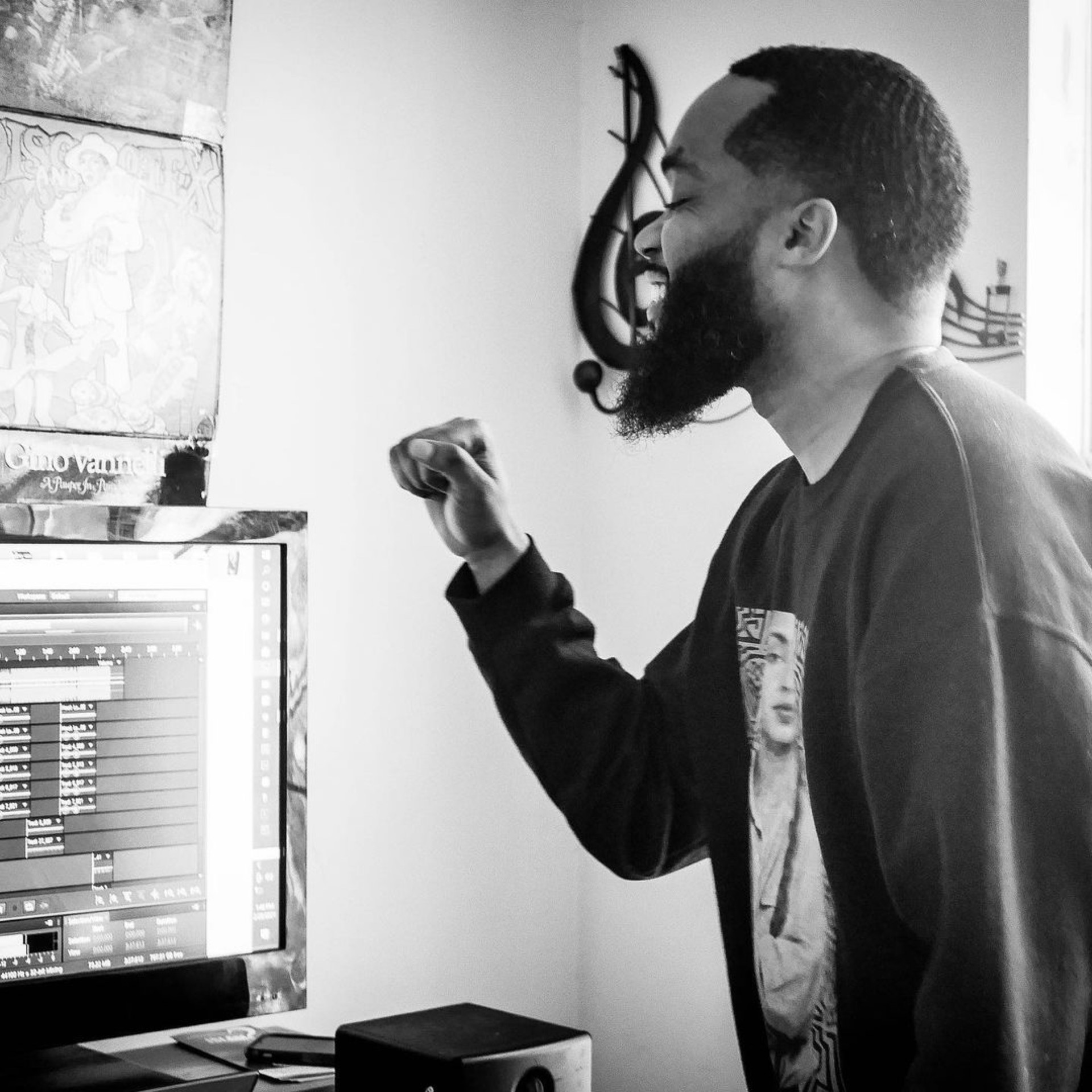Author: Brandon Russ
Throughout the history of this planet, music has been something used by both individuals and societies at large to convey a variety of ideas and emotions. These include religious and spiritual groups, educational institutions, and the entertainment industry. As someone living with bipolar disorder, sometimes identifying, understanding, and expressing the wide range of ideas and emotions that I feel is extremely difficult. However, producing and songwriting has allowed me to practice this over the years.
The purpose of this article is to explore how music allows for an authentic expression of self for those living with bipolar disorder. It will also look at how this ancient form of expression can be used as a method to explore complex emotions and experiences, share with others, and make impacts both locally and globally.
Bipolar is a mood disorder that is usually characterized by what some would refer to as highs and lows (mania and depression), shifts in energy, activity levels, and sleeping patterns that tend to affect one’s day to day life and relationships. In my opinion, the efforts that we make to cope with this spectrum of experiences bring us face to face with a web of complicated emotions daily. Thus, our familiarity and sometimes access to these emotions grow over time. Unfortunately, much of what we feel may be inappropriate to express in a number of settings, but not with music. This is something that has allowed me to be extremely vulnerable without the fears of saying something wrong or punished honesty.
My creative process as of late has been to start by identifying topics or things that I typically struggle with while living with bipolar. These have included maintaining full-time employment, impulsive decision making, people pleasing, being vulnerable, and intrusive thoughts. I have a note in my phone right now with about ninety of these. Next, I’ll sit with myself day to day when I’m feeling creative and ask “How are you feeling right now? What is it that you want someone to know or feel when they listen to this song?” Next, I craft the production by using sounds and frequencies that I feel will embody and convey these feelings. Lastly, I write the lyrics in a way that is raw and allows people to take a look into my mind and story.
One of my biggest challenges as an artist who lives with bipolar is maintaining a solid creative process. Over the years I’ve felt insecure because I go through periods where my output is high due to hypomania, usually followed by periods where I don’t have the motivation or energy to write or produce anything while depressed. For the longest time, I’d beat myself up and tell myself “You’re not a real artist because you can’t keep up with or be as consistent as (insert music peer names)”.
Now, I’m trying my best to learn how to sit through these moments without judging myself and this is what I’ve learned…
 As a creative person, my depressive episodes aren’t my enemies. I tend to become withdrawn but very insightful. I ponder over my life and the world. I sort through sadness, guilt, and sometimes irrational thinking. I dig deep to access parts of me that I feel like have been buried. This fight and insight helps me tremendously whenever I feel well enough to create again. My hypomanic episodes aren’t necessarily enemies either. I’m learning to leverage my strong desires and excitement to create in a way that’s healthy.
As a creative person, my depressive episodes aren’t my enemies. I tend to become withdrawn but very insightful. I ponder over my life and the world. I sort through sadness, guilt, and sometimes irrational thinking. I dig deep to access parts of me that I feel like have been buried. This fight and insight helps me tremendously whenever I feel well enough to create again. My hypomanic episodes aren’t necessarily enemies either. I’m learning to leverage my strong desires and excitement to create in a way that’s healthy.
In life, bipolar disorder and music can come together in a complex dance of emotion and expression, revealing the depths and heights of our experience. For those who live with bipolar, music can be much more than just a form of entertainment; it can be a powerful medium for vulnerable self-expression, connection, and healing on all ends. Let’s continue to celebrate the contributions of musicians who live with bipolar. And not just because they keep us entertained with notes and rhythms, but because they are bravely sharing their stories and souls. In doing so we foster a greater understanding and acceptance of mental health challenges, recognizing that within the many contrasts of our experiences lies a certain harmony that unites us all.
The content of the International Bipolar Foundation blogs is for informational purposes only. The content is not intended to be a substitute for professional medical advice, diagnosis, or treatment. Always seek the advice of your physician and never disregard professional medical advice because of something you have read in any IBPF content.


